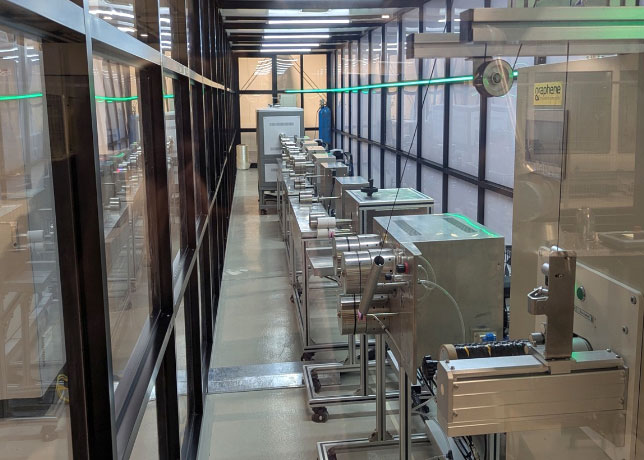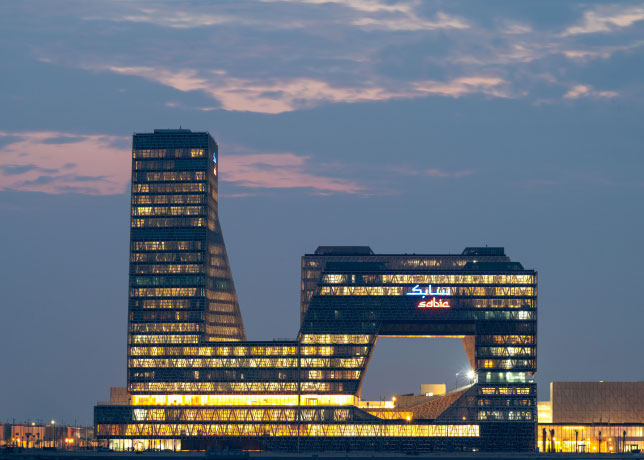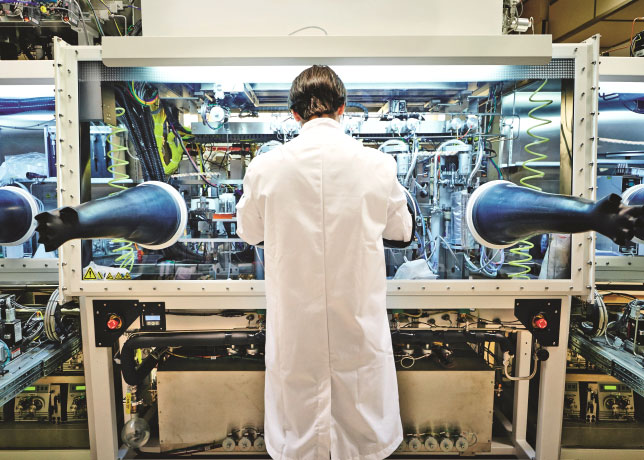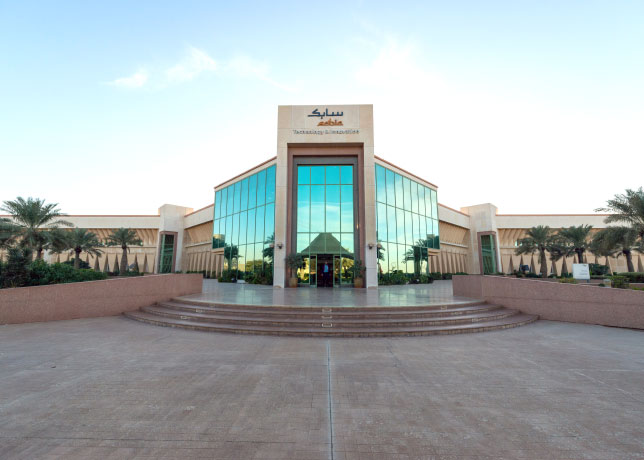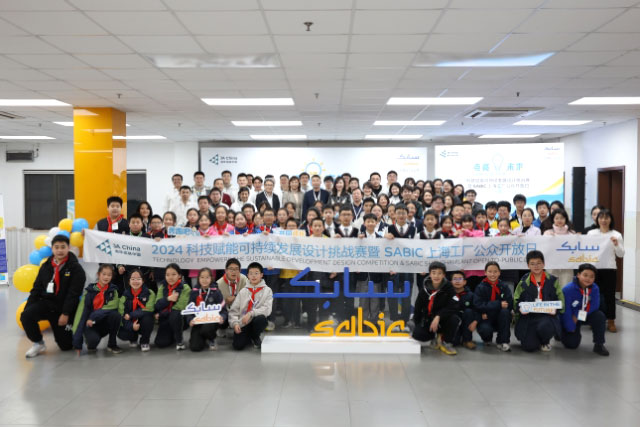
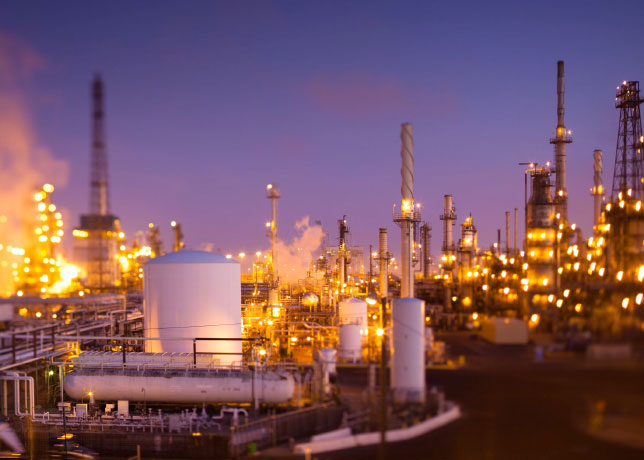 Refineries need to remain competitive in the shifting market landscape
Refineries need to remain competitive in the shifting market landscape
Aggreko advises petrochemical firms to focus on improving efficiency and energy resilience to navigate slowing sector growth and address challenges such as rising energy costs and shifting market conditions
With petrochemicals sector growth set to slow down over the course of the next decade, energy specialist Aggreko is encouraging refinery operators to target efficiency gains in order to remain competitive in the shifting market landscape.
A recent report from the Boston Consulting Group (BCG) has forecast that petrochemicals sector demand is set to grow by 3 per cent through to 2035, compared to the 3.3 per cent achieved from 2014 to 2024. Shifting supply and demand dynamics, alongside changes in market balance, have both been cited as major reasons for the projected slowdown in growth.
In response to this forecast, Gilles Revial, Sector Leader for Petrochemical and Refining at Aggreko Europe South, is calling for sector stakeholders to prioritise efficiency gains on site, which he believes will allow businesses to remain competitive and become more resilient to external threats.
He says: "With slowing demand, high energy costs, and major shifts in the market, the petrochemicals sector is currently facing one of its greatest challenges to date. The industry we know today will not be the same as the one we will see in 10 years’ time, so it is critical that businesses take effective steps to remain competitive throughout this period of change.
"The first port of call here should be to look inwards towards your own operations, and identify where efficiency gains can be made. Increasing productivity among both staff and assets is the cornerstone of competitiveness, especially when operating on the global stage."
Achieving energy resilience and boosting productivity in the face of external pressures are major themes of Process Matters, Aggreko’s latest research report for the petrochemicals industry.
Surveying 604 process engineers across Europe, the report revealed that the cost of running power equipment has risen by 25 per cent on average across the continent, with 59 per cent of respondents stating that reducing the energy consumption of said equipment was ‘high priority’.
The report goes on to offer a number of strategies through which businesses can address these challenges, including right-sizing power equipment and using remote monitoring to optimise energy usage.
Outsourcing low-carbon Greener Upgrades® – sustainable technologies and methods designed to help businesses make sustainable switches – is also identified as an effective method of providing reliable, sustainable power for turnarounds, offering high levels of redundancy to guarantee an uninterruptible power supply.
This includes battery energy storage systems (BESS) and stage-V generators, with investment in this technology forming a key pillar of Aggreko’s sustainability framework, Energising Change.
Revial concludes: "While the petrochemical industry is undoubtedly entering a period of uncertainty, the good news is that through a bit of innovative thinking, there remain routes through which refinery operators can weather the storm."







































































